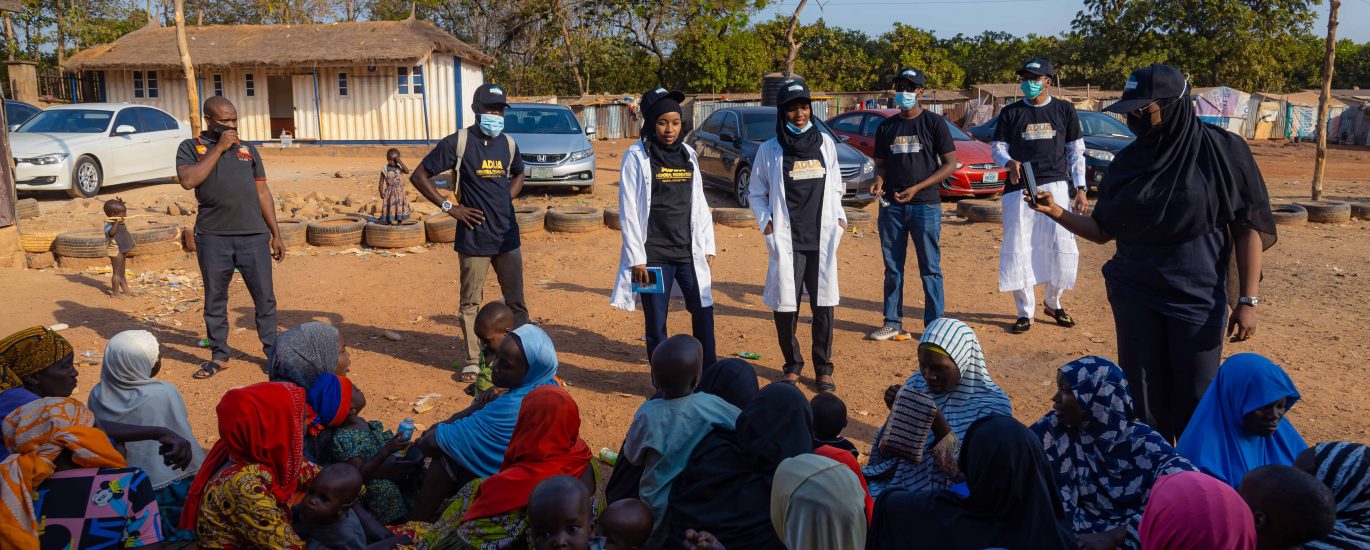Sugar-Sweetened Beverage Tax: Health Specialist seeks Upward Review
One of the efforts by the Federal Government of Nigeria to secure the health of the country was the introduction of a Sugar-Sweetened Beverage (SSB) Tax, which was embedded in the finance act of 2021. A ₦10 tax was levied on each litre of all non-alcoholic and sugar-sweetened carbonated drinks.
The fiscal policy helps to curb the gluttonous consumption of sugar-related foods and drinks, which has been adjudged to be inimical to human health. Though the tax policy was said to have been introduced by the government in 1984, it was stopped in January 2009.
One year down the line, health experts, practitioners, policymakers and other stakeholders, at a health financing policy dialogue put together by PharmAccess Foundation, in collaboration with the World Bank and Nigeria Health Watch, deliberated on strategic pathways for the implementation of the SSB tax in Nigeria.
At the session, a lead writer Uche Nwagboso of Nigerian Health Watch, spoke on “Implementing Nigeria’s SSB tax to harness domestic resources for health.”
She said, “In 2021, the Federal Government of Nigeria introduced a SSB tax. It is embedded in the finance act of 2021, which levies a ₦10 tax on each litre of all non-alcoholic and sugar sweetened carbonated drinks. Fiscal policies like this can help curb the excessive consumption of sugars, as was seen in Mexico, which would have a positive benefit on population health, especially in the prevention of non-communicable disease (NCD) like diabetes and chronic kidney disease. There is also the potential benefit of revenue generation, which can be channeled towards financing Nigeria’s health sector.
“Though the SSB tax enforcement structure and timeline for implementation is yet to be determined, however, panelists and attendees from the private, public, and non-profit sectors have assessed the progress of the implementation of the SSB tax, explored strategies to utilise pro-health taxes as an additional source for health financing in Nigeria, and discussed mechanisms to guarantee the implementation of the tax across Nigeria to ensure Nigerians have equitable access to affordable and quality health care services,” she said.
With the theme “New Health Financing Approaches in Nigeria: Implementation of Sugar-Sweetened Beverage (SSB) Tax in Nigeria,” the country director, PharmAccess Foundation, Njide Ndili, who spoke on “Funding an underfunded health sector,” highlighted the need for conversations around local resource mobilisation, particularly as donor funding declined during the COVID-19 outbreak, since countries were focusing on their own domestic objectives.
Read Also: Sugar-Sweetened Beverage Tax: FG Urged To Strictly Commit Proceeds to Health Projects
She commended the Minister of Finance, Budget and National Planning for the enactment of the SSB tax but stressed the need to ensure that “we achieve the purpose of the tax, which is local resource mobilisation towards the health sector.”
In a keynote address, executive secretary/CEO, National Health Insurance Authority (NHIA), Professor Mohammed Sambo, reflected on the Abuja Declaration, noting that the 2022 health budget allocation was a 5 per cent of the total budget, which was low.
“This underscores the need for us to explore innovative and sustainable financing mechanisms that we can harness to channel towards healthcare financing that will help us attain Universal Health Coverage,” he posited.
Others recalled that at least 54 countries, five in Africa, have introduced the SSB tax, and while the primary focus should be on the health benefits of imposing a sugar tax, the secondary benefit is the use of the funds as a source of domestic resource mobilisation, particularly in low- and middle-income countries where the fiscal space is very tight and the health sector is underfunded.
Also, a 2019 report issued by the Task Force on fiscal policy for health titled, ‘Health Taxes to Save Lives’ revealed that “Raising the price of sugary beverages by increasing excise taxes reduces consumption and saves lives.
A Senior Health Specialist, World Bank, Dr. Olumide Okunola, like many others said Nigeria’s SSB tax at ₦10 per litre is not significant enough to change behaviour and suggested an upward review.
In a unanimous voice, the stakeholders recommended that the health sector seriously requires additional innovative funding mechanisms. According to them, the SSB and other pro-health taxes are health-related, thus; such funds should be allocated to the health sector to fund the prevention and treatment of non-communicable diseases (NCDs) and provide financial protection for Nigerians.
They maintained that the finance act should be improved to address how the generated SSB tax will be utilised for the betterment of Nigerians.









